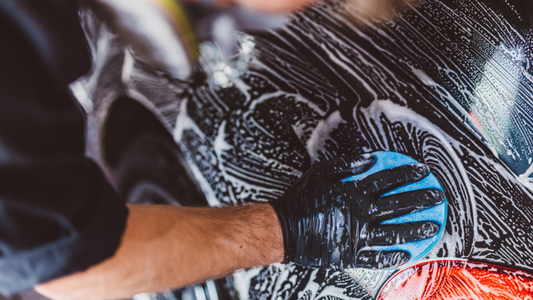What Is A Tire Rotation?
Tire rotation is the process of moving each tire to another location on the vehicle (front to back or side to side). This helps maintain even tread wear and prevents uneven wear. If you have a front-wheel drive car, for example, rotating the tires will result in the front wheels being moved to the back of the vehicle.
As a general rule of thumb, you should rotate your tires every 6,000 miles. However, it's best to follow the recommendations in your vehicle's owner's manual.
You might also be thinking about how this is going to affect your gas mileage. After all, if you’re using less fuel by having less weight on your tires, then that should mean that you’ll spend less money at the pump.
But here’s where things get interesting: while it is true that rotating your tires will decrease fuel consumption and increase the life of your tires, it also has other benefits.
Why Should You Rotate Your Tires?
There are several reasons why rotating your tires is important. If you don’t, it can lead to premature tire failure and uneven wear patterns, both of which will reduce the life of your tires. Tire rotation is recommended when one or more of your tires is showing signs of uneven wear (i.e., cupping), or if your vehicle has been driven 6,000 miles. However, it's best to follow the recommendations in your vehicle's owner's manual.
How Often Should You Rotate Your Tires?
Your owner’s manual should indicate how often you should rotate your tires, but a safe assumption is every 3,000-5,000 miles. Most cars will have front wheel drive and four wheel drive. The last option is called a “rear wheel drive” vehicle. With this type of drivetrain, front tires will wear faster than rear tires because they do most of the work, such as turning and maneuvering around corners. In other words, when you rotate them from back-to-front or vice versa, you will extend their life longer than if they stayed in the same spot.









